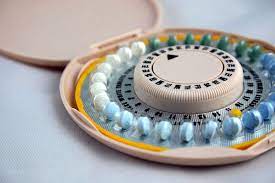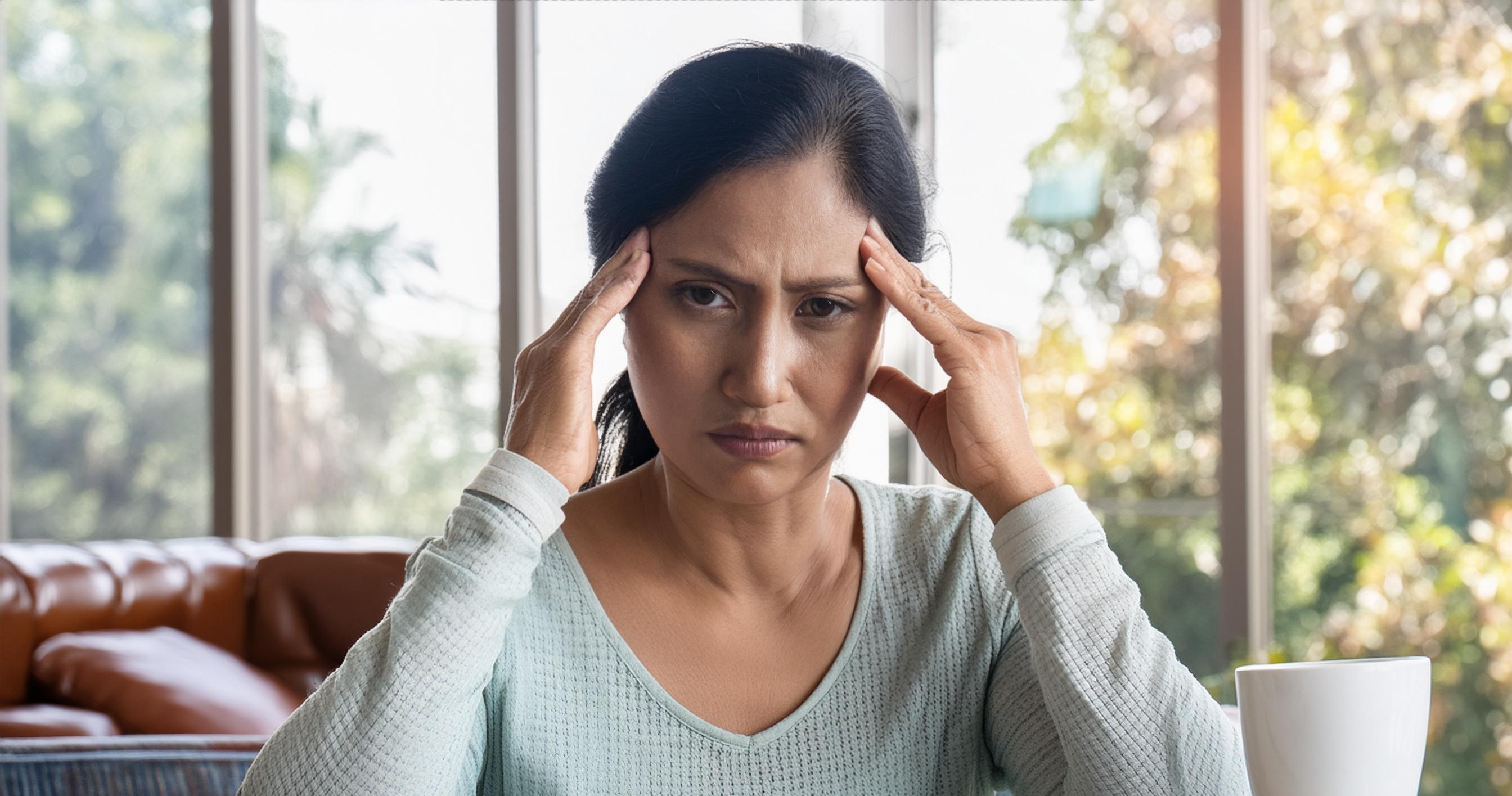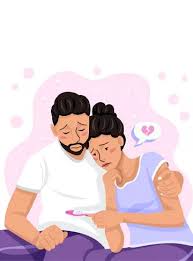Birth control pills also called contraceptive pills are oral medications that help prevent pregnancy. These pills stop ovulation and help prevent pregnancy 99%. The contraceptive pills thicken the cervical mucus and prevent sperm from entering it. The endometrial line becomes thin and unsuitable for implantation. The contraceptive pills initiate the menstrual cycle leading to periods.

Several pills are available in different brands in the medical world, use according to your health history and doctor's advice. The right combination of estrogen & progesterone suppresses ovulation and eliminates pregnancy. You should not use the pills without a doctor’s prescription because all pills are not the same, few may work with PCOS few may work with thyroid, etc, so you should visit a doctor before taking a pill.
Types of pills:
1)Combination pills:
These pills contain both estrogen & progesterone to help regulate the menstrual cycle. These contraceptive pills are meant to be used with the prescription of a doctor because, based on your medical condition and the hormonal balances.
2)Progestin pills:
These are also called mini-pills that contain only progestin. These pills are prescribed for women who are susceptible to estrogen, women who are breastfeeding are suggested to use progestin pills. Additionally, progestin pills create a barrier around the sperm making it difficult to reach the egg.
Days Of Contraceptive Pills:
Now let’s understand the days of pills: Based on the number of required days you want to prevent pregnancy you can take the pills. The number of days and their usage is as follows:
21-day pills:
This packet has 21 hormonal active pills and then you need to take a break for seven days where inactive pills are taken, in this break you bleed similar to periods.
28-day pills:
Here you take active pills for 21-26 days continued by 7 inactive pills or iron-containing pills. You will be menstruating in the last 4-7 days.
91-day pills:
This packet contains 84 active pills, and the remaining 7 inactive pills will be there. Same as above you may bleed in the last seven days.
⚠Caution:
1)Periods will be lighter and less painful while taking pills because these pills will regulate your menstrual cycle.
2)Skipping one or two pills in the middle may lead to unexpected pregnancy so try to maintain a proper schedule by taking the pill regularly at the same time every day.
3)You need to take the pill at the same time every mandatory day.
4)If you missed any pill or had unprotected sexual contact with your partner then contact your doctor for emergency contraceptive pills or take the pill as soon as you remember and continue the pill cycle as prescribed.
Side Effects:
(1)Sore or Swollen breasts and breast pain.
(2)Blood spotting in between periods.
(3)You may experience mood changes like increased anger and irritability.
(4)Headache, Nausea, abdominal pain, and chest pain.

(5)Use of these pills may also lead to endometrial, cervical, and breast cancers.
NOTE:
Contraceptive pills do not protect you from sexually transmitted diseases. Birth control pills are only meant for preventing pregnancy in women and should also be used with the proper medical guidance of your doctor.
A few common myths about contraceptive pills:
MYTH: You don't need to take the pill on safe days.
FACT: Whether it’s a safe day or an unsafe day it may result in unexpected pregnancy.
MYTH: You do not need to take pills without penetration.
FACT: As the sperms are highly motile they may go inside without penetration also.
MYTH: Contraceptive pills lead to infertility.
FACT: There is no such evidence that contraceptive pills lead to infertility because pills stop ovulation only for certain periods not permanently.

MYTH: You don't need to take the pill if you are having sex for the first time.
FACT: Pregnancy may occur even if it is your first time.
MYTH: Washing genitals or urinating after sex does not need contraceptive pills.
FACT: Sperms are highly motile they may get inside before you wash or urinate.
The above information will provide you with everything you should know about birth control pills or contraceptives. But before you use a contraceptive pill do visit a doctor and use the prescribed pill according to your medical history that will help you in reduced side effects and healthy life.
